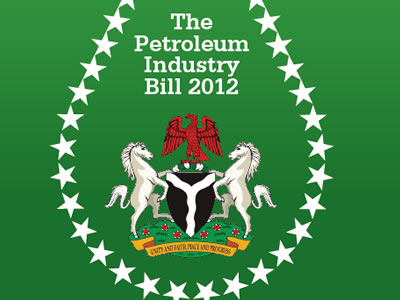MEDIATRACNET
After more than two decades of attempts to produce a legal and regulatory framework for the operations of her petroleum industry, Nigeria finally got a brand new law for the industry on Monday following President Muhammadu Buhari assent to the Petroleum Industry Bill 2021.
The Special Adviser to the President (Media and Publicity), Femi Adesina, who announced the signing of the Bill into law, said the new was one of the President’s achievements during his five days quarantine period working from home.
On his return from London on Friday August 13, the President was required by the Presidential Steering Committee on COVID-19 to be quarantined following reported outbreak of coronavirus among some officials of the Nigerian Embassy in the UK with whom he had close interactions.
Adesina said the President assented to the Bill on Monday in his determination to not only to fulfill his constitutional duty, but demonstrate his commitment to give the country a new petroleum industry law.
He said the ceremonial part of the new legislation would be done on Wednesday, after the President would have completed his days of mandatory isolation.
The Petroleum Industry Act, which provides the legal, governance, regulatory and fiscal framework for the Nigerian petroleum industry, would replace the outdated and archaic laws that have been in existence since the beginning of the country’s oil and gas industry in 1956.
The new petroleum law also covers the provisions for the development of host communities, and related matters.
The Senate had passed the Bill on July 15, 2021, after the House of Representatives gave approval to the draft Bill on July 14, thus ending a long wait for a new legal framework since early 2000s.
Some interest groups, particularly from the host communities in the oil producing area have criticized the new law as not representative of their aspirations and interest, as the five percent of the annual operating surplus allocation for the Host Community Trust Fund was cut to only three percent.



